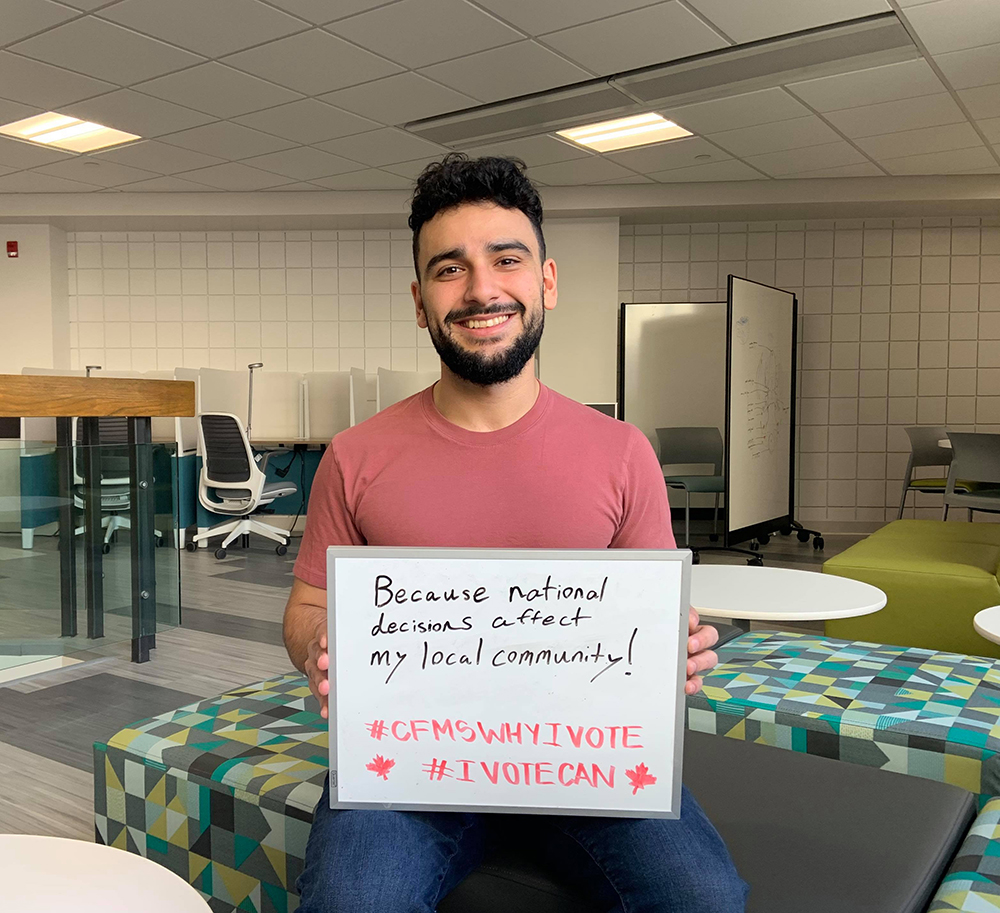
While We Learn, They Die: Why We Need Immediate Action in the Drug Crisis
I’ve always been told to never discuss politics with family. I broke that rule unwittingly when I went back home during the September long weekend and my dad shared that one of his friends overdosed due to cocaine cut with fentanyl.
By Shayan ShiraziHis death is a tragedy but not an isolated one; a record high 179 Saskatchewanians have died of overdose this year so far, just over 7 times the amount of COVID-19 deaths in our province.
Thanks to our country politicizing the ongoing Canadian Drug Crisis, my dad and I spent the night committing a conversational taboo by reflecting on this public health epidemic and how it might be addressed.
As a second-year medical student, people keep telling me how my generation will define the future. Unfortunately, I anticipate I’ll be finishing my residency in 2028, far too late for many sons, daughters, fathers and mothers who will lose their loved ones before my generation can help fix the broken policies that allow these deaths. That’s why as future healthcare providers, we must take action now.
Back in the pre-apocalyptic times of 2019, a friend of mine shared a CBC article in our 6-person group chat. It dropped shocking statistic after statistic, sparking us to take immediate action to help our local communities.
We founded Minimizing the Opioid Crisis (MOC), a non-profit which would distribute fentanyl test strips for free to those who needed them through local pharmacies. It was the first time I had turned my passion into action, and we successfully launched in November 2019.
The launch taught me that as future health professionals, we have a powerful voice; a voice I continued to use through my first-year of medical school when I joined the Government Affairs and Advocacy Committee (GAAC) for Provincial Day of Action.
Our topic discussed the crystal meth crisis and the action we could take to help those suffering from addiction. We compiled research and wrote calls to action as we prepared for meetings with the NDP, the Saskatchewan Party, and Jim Reiter, our provincial Health Minister.
Unfortunately, both these initiatives were halted early and our GAAC meetings were cancelled only days before they were meant to happen due to COVID-19.
Ryan Meili, Leader of the Provincial NDP and fellow College of Medicine alumnus once said, “Although we can’t create a system that can force people to make wise decisions, we can work toward one where more people have the opportunity to do so.”
Despite these last two setbacks, I still believe that as medical students, we cannot wait until our training is complete to help create this better system. I have been inspired by the community at our College, who rose up during the COVID-19 pandemic to help our local communities.
Now, as Saskatchewan overdose numbers are being called “the pandemic within a pandemic,” I am learning from the lessons shared by the leaders and health advocates who helped in the global pandemic, with the goal of creating innovative solutions for the local one.
Second-year medical student Shayan Shirazi is the president of the Student Medical Society of Saskatchewan.
